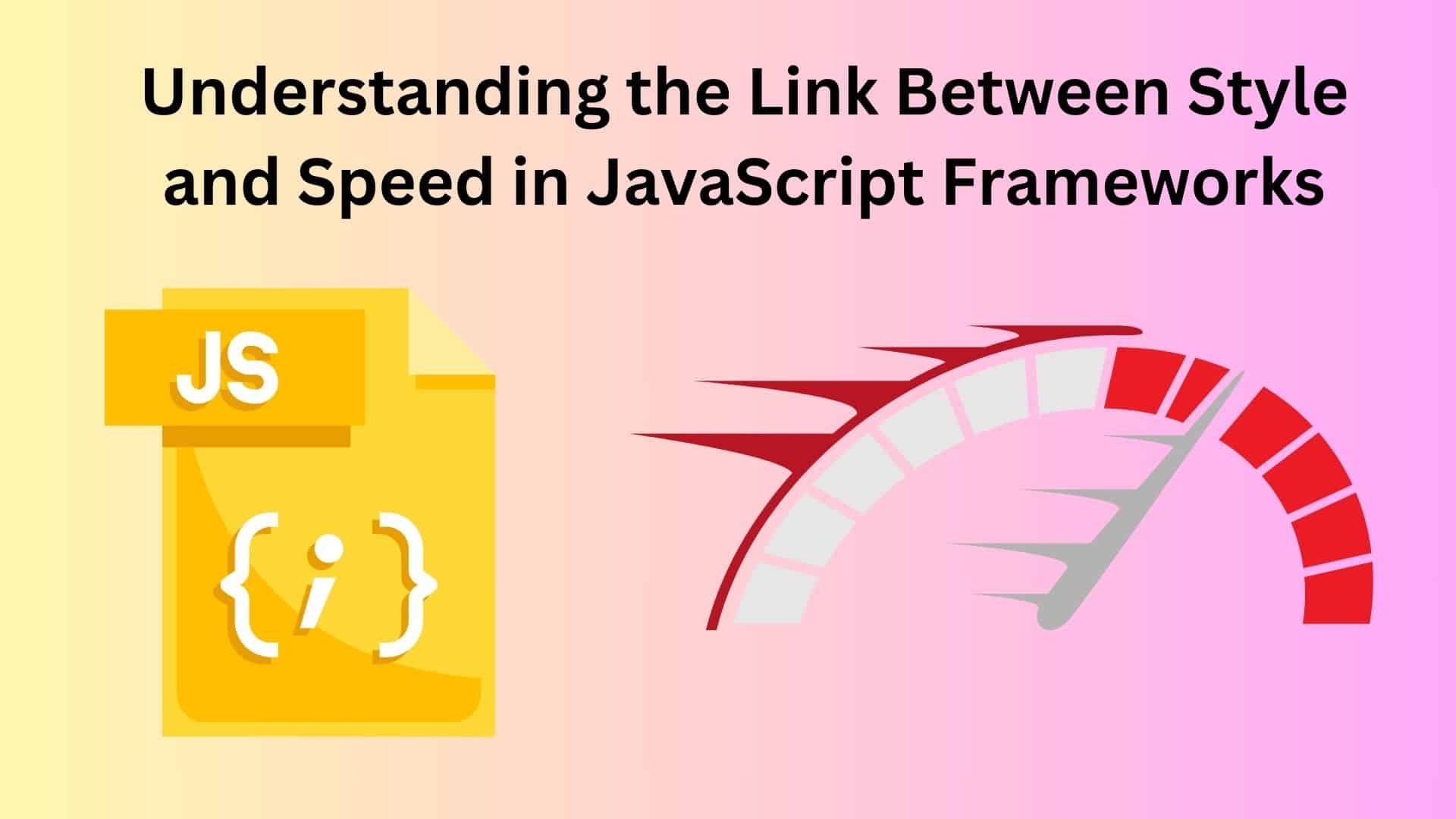Daily Insights
Stay updated with the latest trends and news.
JavaScript Frameworks: Choose Your Fighter for Web Development
Unleash your coding potential! Explore top JavaScript frameworks and find your perfect fighter for web development success.
Top JavaScript Frameworks Explained: Which One is Right for You?
In today’s web development landscape, JavaScript frameworks play a crucial role in designing interactive and dynamic websites. With numerous options available, it's essential to understand the strengths and weaknesses of each framework to determine which one aligns best with your project requirements. Some of the most popular frameworks include React, Angular, and Vue.js. Each of these frameworks has unique features that cater to different types of applications, varying from single-page apps to complex, large-scale applications.
To choose the right JavaScript framework for your needs, consider factors such as your project’s complexity, team expertise, and future scalability. For instance, if you're looking for a framework that excels in building user interfaces with a component-based architecture, React might be your best bet. Alternatively, for a comprehensive solution that offers two-way data binding and robust features out-of-the-box, Angular could be more suitable. Lastly, Vue.js is ideal for developers who prefer simplicity and flexibility. Assess these frameworks wisely, as the right choice can significantly impact your development process.

The Ultimate Comparison: React vs Angular vs Vue
When it comes to modern web development frameworks, React, Angular, and Vue stand out as the top contenders, each offering unique advantages. React, developed by Facebook, utilizes a component-based architecture that promotes reusability and efficient performance. One of its key features is the use of a virtual DOM which optimizes rendering processes. For a comprehensive guide on React's strengths, check out React Documentation. In contrast, Angular, maintained by Google, is a full-fledged MVC framework that comes equipped with powerful tools like dependency injection and two-way data binding, making it suitable for enterprise-level applications. For an in-depth comparison of Angular, visit Angular Documentation.
Vue, on the other hand, is known for its simplicity and ease of integration, allowing developers to incrementally adopt it into projects. Its reactive data binding system and component-based structure make it a favorite among startups and smaller applications. If you're interested in how Vue compares to React and Angular, take a look at Vue Documentation. Ultimately, the decision on which framework to use often boils down to specific project needs, team expertise, and long-term maintainability considerations, making it essential to analyze the strengths of each before making a choice.
5 Questions to Ask Before Choosing a JavaScript Framework for Your Project
Choosing the right JavaScript framework for your project can significantly impact development speed, performance, and maintainability. Before making a decision, consider asking yourself the following questions:
- What is the size and scope of my project? Understanding your project's requirements is crucial. For a small project, a lightweight framework like Vue.js might suffice, while larger applications may benefit from robust frameworks like React or Angular.
- What is the learning curve? Evaluate how familiar your team is with the chosen framework. A steep learning curve can delay your project. Consider frameworks that align with your team's current skill set.
Other essential questions include:
- How active is the community? A strong community ensures better support and a wealth of resources for troubleshooting. Check platforms like Stack Overflow for community engagement.
- What is the framework's performance? Performance can vary significantly between frameworks. Review benchmarks and performance optimization techniques to ensure it meets your project's needs.
- Is the framework future-proof? Check the framework's update history and roadmaps to gauge its longevity and relevance in the fast-evolving tech landscape.